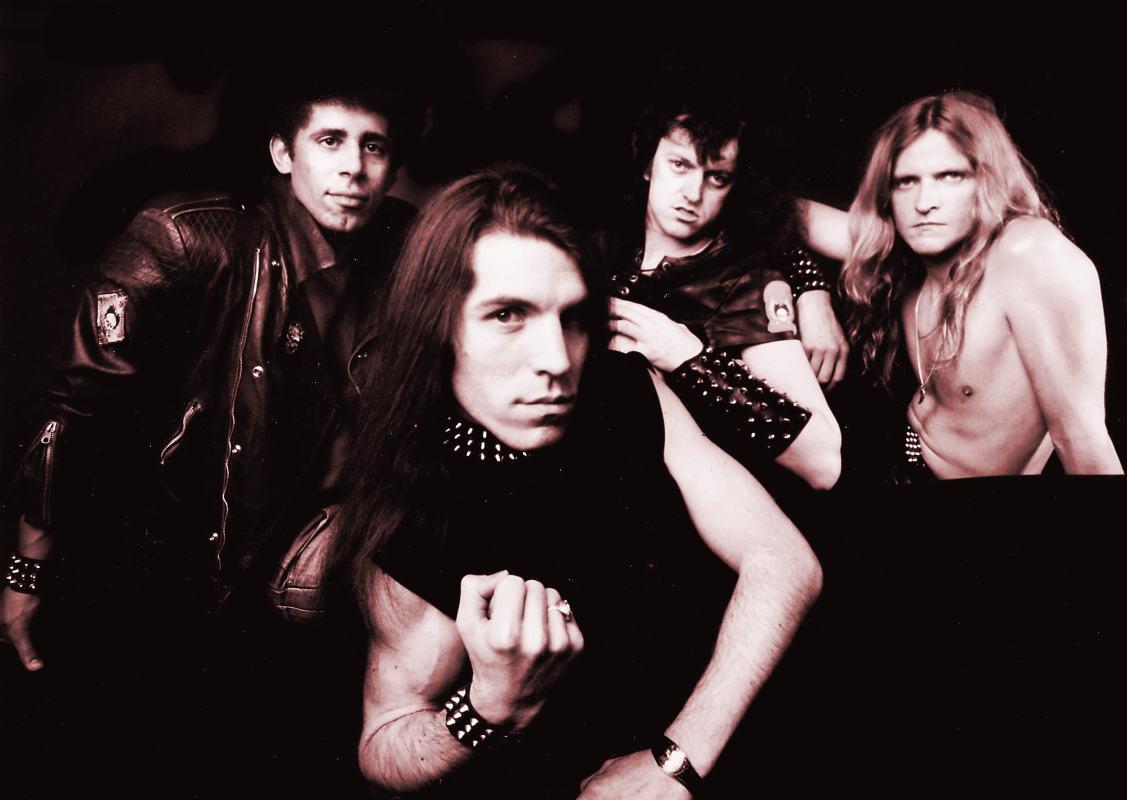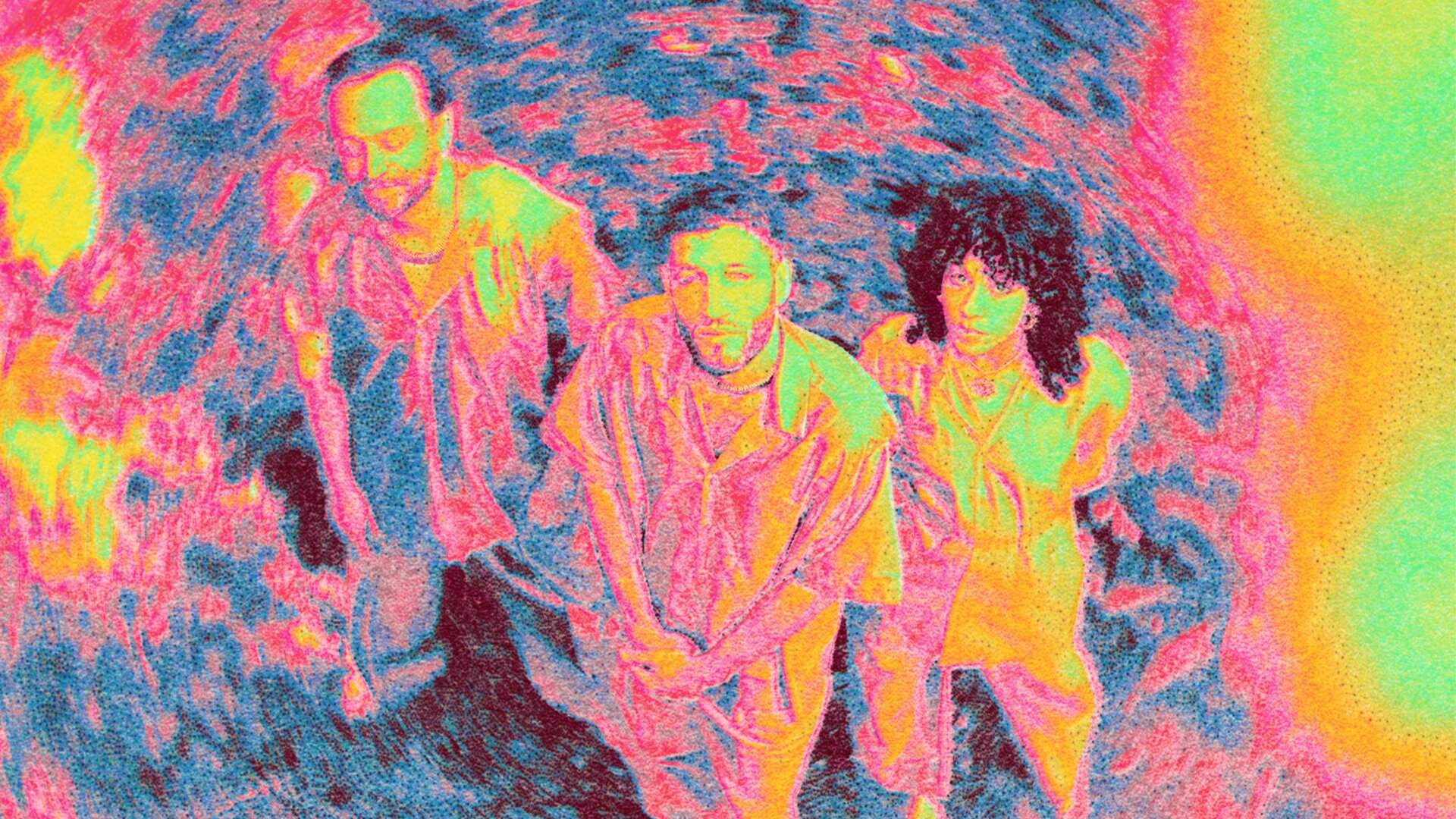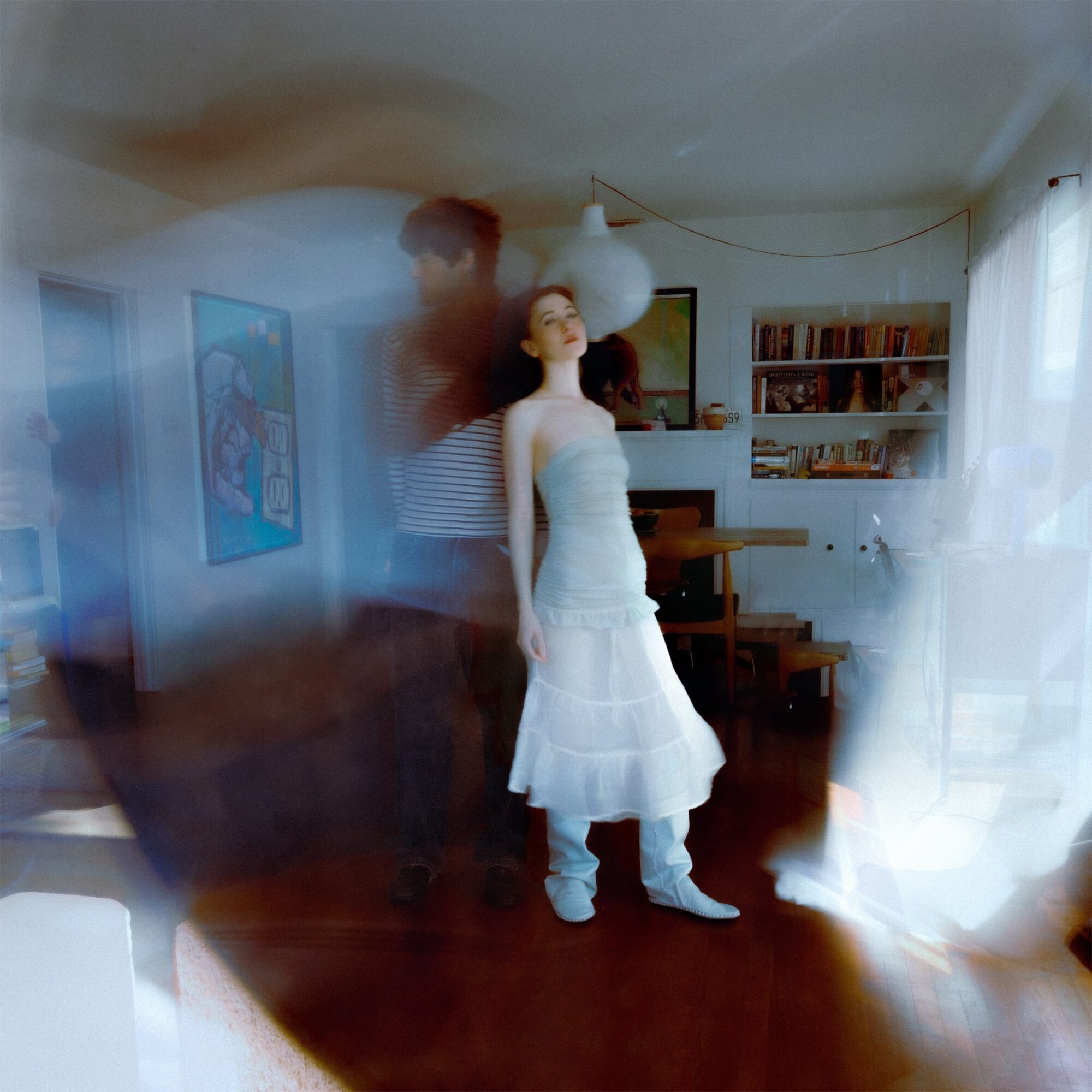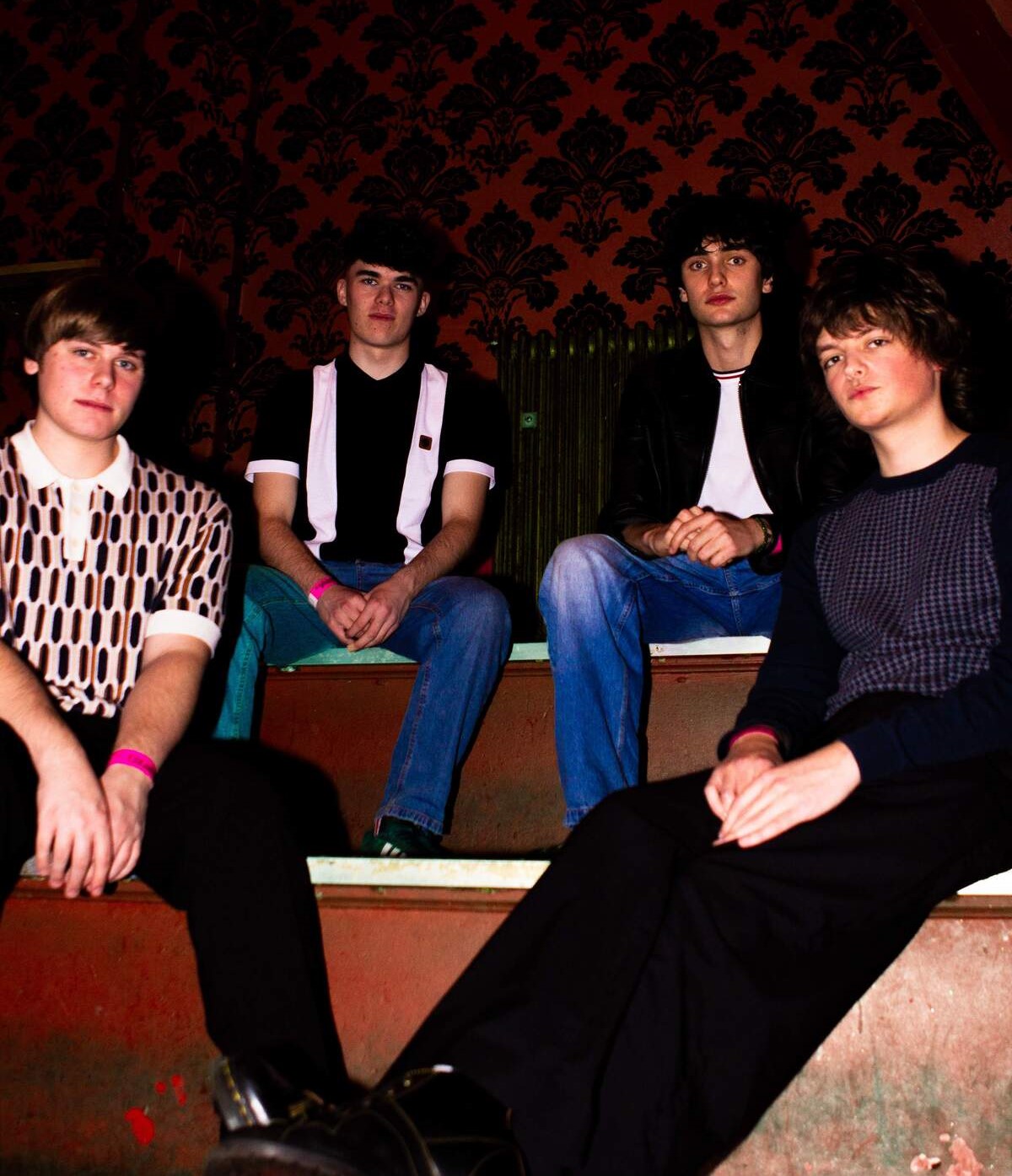Mass – From the Lost Black Mass Tapes to ‘War Law’ and Beyond
Mass is a band whose story sits quietly in the background of German rock history, waiting to be pieced together. Bassist Günther Viktor Radny started out in the mid-60s beat scene of Regensburg with The Mystic Eyes, soaking up the energy of the Stones, The Yardbirds, and Pretty Things.
By 1973 he was chasing heavier sounds and founded Black Mass with Josef Hartl, Walter Speck, and Charles Frey. The band’s big moment came in 1975 when they entered Studio 70 in Munich with Dave Siddle at the controls, a producer who had worked with Jimi Hendrix, Deep Purple, and underground bands such as Amon Düül. A full album was recorded, but never released. The master tapes disappeared, leaving only low-circulation bootlegs and plenty of speculation. That lost record still hangs over the story of Mass like an unfinished chapter.
After some difficult lineup changes, the band dropped the “Black” and became simply Mass. They released ‘Back to the Music ‘in 1977 and kept going with a string of albums through the late 70s and early 80s. Titles like ‘Slaughter House,’ ‘Angel Power,’ ‘Metal Fighter,’ and especially ‘War Law’ (1984) show just how determined they were to push their sound harder and faster.
Mass called it quits in 1987, but the story didn’t end there. In 2016 Radny put together a new lineup and in 2019 they returned with ‘Still Chained,’ proving the fire hadn’t gone out. Today, Mass is remembered both for their albums and for that elusive Black Mass recording, which has become a kind of holy grail among fans of underground German rock. It’s the kind of mystery that keeps people listening, digging, and hoping the tapes might surface one day.
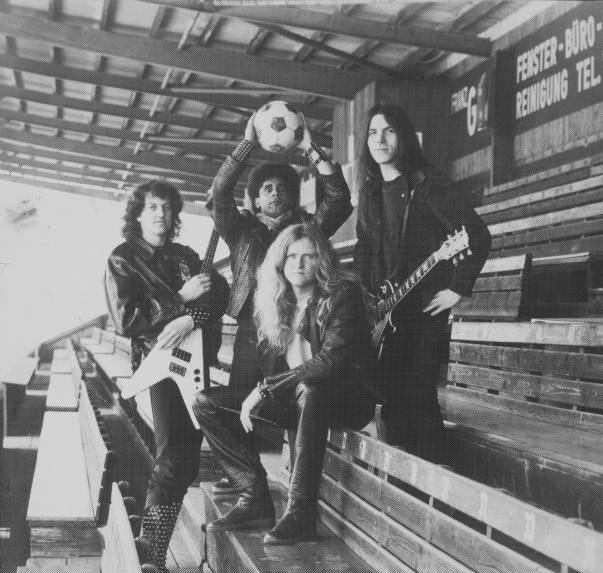
“We discovered Blue Cher from America and above all Black Sabbath from England”
Where did you grow up, and what was it like back then? What was the scene like in your area at that time?
Günther Victor Radny: I grew up in Regensburg. Back then there wasn’t really a scene here. There were small groups like the Rock’n Rollers from the 50s and the moped groups on their small 50cc motorcycles that later became the rocker gangs.
When did you first get into playing music? What was your first instrument, and who were your big musical influences?
When the Beatles started and then the Rolling Stones, we young people all wanted to make beat music. I played a little piano and formed a beat band with some childhood friends from the neighborhood where I played the organ. I quickly switched to the bass guitar to be more mobile on stage. Show was the order of the day.
My musical role models at the time were The Rolling Stones, The Yardbirds, and The Pretty Things.
How would you describe the counterculture vibe in Germany during the late ’60s and early ’70s? What was it like on the ground?
It was just like that. There was the older generation that was still scarred by the war and the young generation, the long-haired ones that the older ones called layabouts. There were also a few smaller beat clubs, milk bars, etc. where people met, and also a live club, the Colosseum, similar to the Star Club in Hamburg. Our paradise.
Before The Mystic Eyes, were you in any other bands? Tell us about your time in the beat group.
We started out as The Phantoms and after we discovered Them with Van Morrison we changed our name to The Mystic Eyes due to a song by Them. We quickly became known in our area through our wild shows and were on the road as professionals from March 1967 to the end of 1969.
How did that all lead to forming your next band?
After the live clubs increasingly switched to discos and our music style changed, we had no interest in disco sounds. Beat music turned into rock. We discovered Blue Cher from America and above all Black Sabbath from England, who I saw live in Zurich before their first LP release ‘Black Sabbath,’ and I was very impressed by them. Since The Mystic Eyes had always been based on hard beats (Rolling Stones, Pretty Things) I wanted to continue with a hard rock band and founded Black Mass.
You went on to form Black Mass. How did you all come together for that one?
I got Josef Hartl as singer and Walter Speck as guitarist, both from Regensburg like me. We found Charles Frey from St. Gallen in Switzerland as a drummer through an ad in a music magazine. He later published esoteric books as Akron and also gained worldwide recognition in collaboration with H.R. Giger. The personnel carousel began to turn. Due to psychological problems, Walter Speck committed suicide and was replaced by Gerd Schneider on guitar from Saarbrücken. Gerd had previously played with the Scorpions’ drummer Hermann Rarebell in R.S. Rindfleisch. Due to severe drug addiction, Gerd Schneider was replaced just one year later by the Englishman Mick Thackeray, who worked in England with The Merseys, in Switzerland with The Slaves, and in Munich with Abi Ofarim. After Charles Frey increasingly concentrated on writing books, we brought in Hannes Eder from Regensburg, who was touring with the English band I Drive.
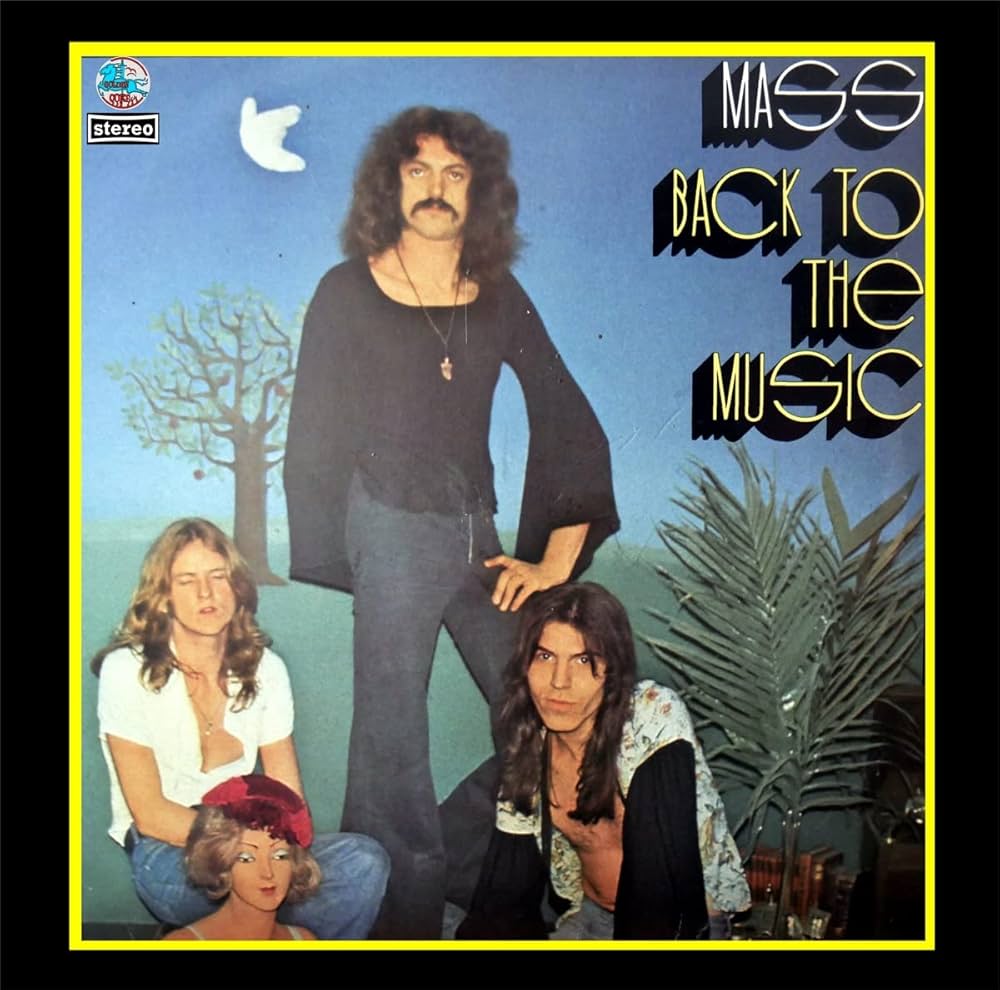
Where did you guys play back then? Any memorable bands you shared the stage with?
We played with Amon Düül and Petards, among others, and at many festivals.
You actually recorded an early album as “Black Mass”. What was the recording process like? Where did you record it?
We went to Studio 70 in Munich in March 1975 with Dave Siddle at the desk, who had already recorded with Jimi Hendrix and Deep Purple, as well as with many German bands such as Amon Düül and Guru Guru.
So, the album never saw the light of day back then, and only bootleg copies are floating around. Any chance we’ll get to hear it properly sometime soon?
If the tapes were ever found, we would of course release them immediately.
“We lived in a small Catholic village in Bavaria and were massively attacked because of the “Black” in the name.”
What made you guys switch the name to Mass? Was there a change in the lineup too?
Because of his alcoholic problems, we had to replace Mick Thackery with Dave Schreiber from Berlin, who we also found through an ad in a music magazine. In addition, after recording in Studio 70, Josef Hartl was no longer able to continue due to his drug addiction. For this reason, we did not release the album we had recorded directly before. We had even found a label in United Artist. We lived in a small Catholic village in Bavaria and were massively attacked because of the “Black” in the name. We left out the Black and from that point on we toured for 2 years as a trio under the name MASS. In 1978 we brought the German-American Jack E. Burnside to MASS as a singer.
How did you end up getting signed by United Artists?
The label head at this time of United Artist and later Falco manager Horst Bork had seen us live and signed us.
You’ve released a bunch of albums through the ’70s and ’80s. Looking back, which ones do you think hold up the best?
We thought all the albums were right for the respective dates. Looking back, ‘War Law’ was definitely the most significant.
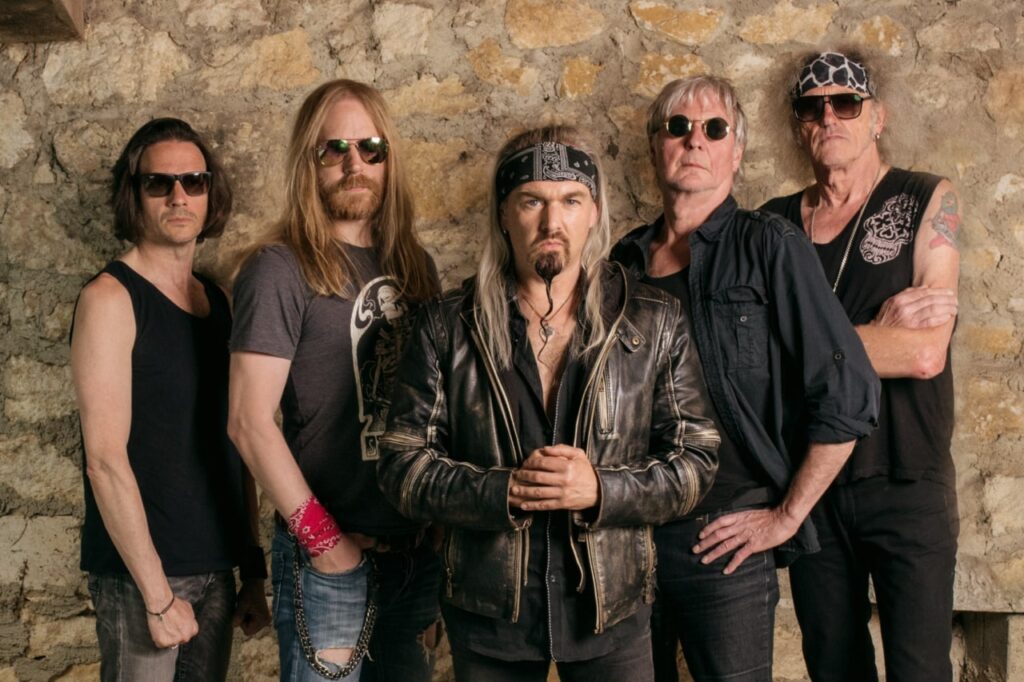
You’re still going strong today—who’s in the band now?
MASS today consists of Matthias Pfaller on vocals, Hannes Heid on guitar, Clemens Matejka on organ, Andy Gmeinwieser on drums, and myself on bass. Highlights were tours with UFO, Thin Lizzy, Loudness, and Krokus, as well as many festivals with up to 20,000 visitors. That still applies today, and two festivals deserve special mention. The Pyras Classic Rock Festival was an incredible experience for us and the Trueheim Festival was the trigger for the revival of MASS in 2017.
Klemen Breznikar
Headline photo: Mass (Credit: Mass promotional photo)
MASS Website / Facebook / Instagram

